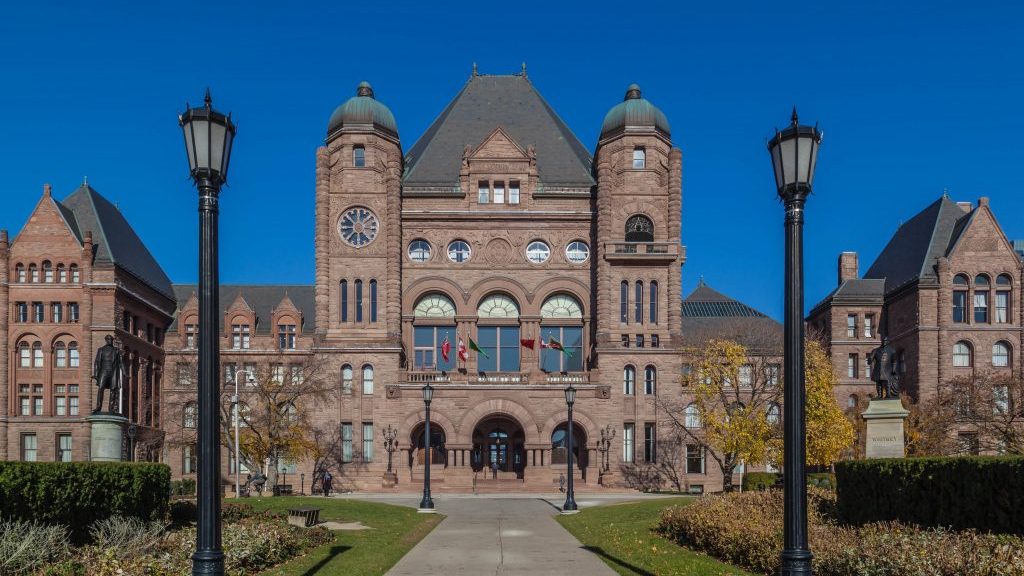Stakeholders in the development industry are praising proposed reforms to Ontario’s development charges regime posted in late February.
A statement from the Building Industry and Land Development Association (BILD) said the new Community Benefit Charges (CBC) system will increase clarity, predictability and transparency for the building industry while Richard Lyall, president of the Residential Construction Council of Ontario (RESCON), said the changes will eliminate the deal-making and uncertainty developers are forced to endure when they approach municipalities with development applications.
The new CBC system will replace section 37 of the Planning Act, Lyall noted, which is good news for his members.
“We didn’t like the section 37 arrangements because they were unpredictable and uncertain and they didn’t have tightly defined timelines,” he explained. “It enabled municipalities and councils to negotiate certain fees with developers.
“The rules were pretty loose. Some people have likened it to an exercise in extortion.”
The BILD statement said that with government fees, taxes and charges accounting for as much as 25 per cent of the cost of a new home in the GTA (Greater Toronto Area), the industry welcomes measures that will make the cost of new development fair for the new home buyer and predictable for the building industry and ensure municipalities have the revenue they need to support growth.
BILD president and CEO Dave Wilkes commented, “By focusing on increasing supply with the province’s Housing Supply Action Plan, increasing the speed of approvals and taking actions such as the CBC system, the government is taking decisive steps to address the supply and affordability crisis in the GTA.”
The proposed CBC system rolls together several charges currently applied to new developments, BILD noted. The changes also take steps to ensure certainty in how public infrastructure like libraries, daycares and recreation facilities are funded.
Analysis from the firm WeirFoulds LLP explained that under the reforms municipalities will have to prepare a CBC strategy that identifies the items that a municipality intends to fund through the charges. Lyall said this will mean developers will no longer face protracted negotiations with each municipality over what infrastructure they will be asked to pay for.
“That has an enormous role in risk evaluation for new projects,” he said of the uncertainty that exists with section 37. “We will be able to better define timelines and costs and evaluate potential new projects and that makes it more likely it will happen.”
Section 37, he said, can have a chilling effect on investment with municipalities sometimes trotting out “crazy propositions.”
“So, we like what is done here,” he said. “It will be interesting to see how this rolls out but it’s a step in the right direction.”
There is a 31-day consultation period on the proposed new CBC system with feedback requested by March 30.
The WeirFoulds analysis highlights other components of the new system such as revisions to the services eligible to be recovered through development charges and changes to the percentage of land value that determines a maximum CBC.
The law firm noted it’s proposed that the Building Code be amended to add the CBC authority to the list of items under Division A — Article 1.4.1.3 Definition of Applicable Law. “This amendment would establish a mechanism for ensuring the payment of community benefits charges prior to the issuance of a building permit,” the summary stated.
Lyall said it’s uncertain at this stage whether the changes will end up costing developers more.
“The industry knows there is a cost to growth that has to be born ultimately not by the development industry but by consumers and renters because that is ultimately where costs go,” he remarked.
The reforms being implemented by the government are welcome, Lyall said, but more remains to be done, such as implementing e-permitting, expanding e-commerce and further ensuring rules are clear and transparent. And as BILD also argues, with the GTA faced with the highest combinations of taxes and charges levied in comparable jurisdictions, there has to be relief coming for builders at some point, Lyall said.
Follow the author on Twitter @DonWall_DCN.










Recent Comments
comments for this post are closed